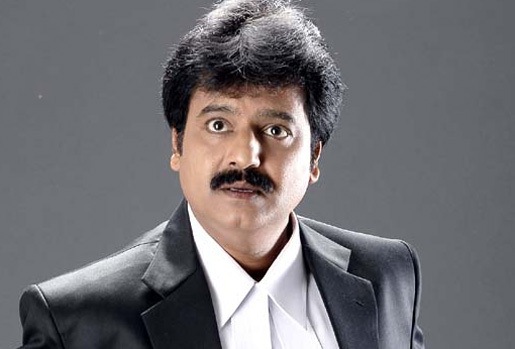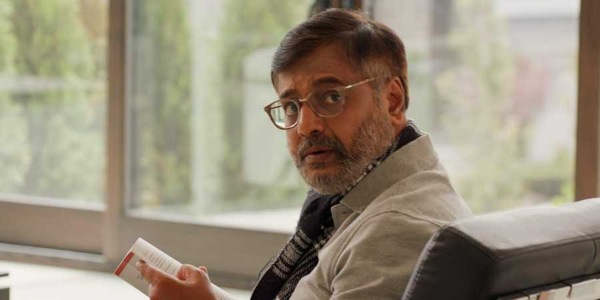Vivek, a comic actor who defied all odds and carved his niche - A tribute
A peek into the illustrious career of the artiste who gave a progressive spin to the very idea of humour in Tamil cinema

Last Updated: 03.14 PM, Jun 11, 2021
1999’s Unnaruge Naan Irundhal was a marker of how Kollywood comedy would be shaped, at least for the next few years. Headlined by Parthiban, who was largehearted enough to take up roles which provided room for most supporting comic actors as yes he could vibe well with them, being a humorist himself. Unnaruge Naan Irundhal had Vadivelu, as the village drunk who Parthiban’s character encounters. The scenes between them are indicative of their partnership which would eventually peak with the 2000-release Vetri Kodi Kattu.
Vivek joins the party much later, as is typical how this movie could have been made- a collection of random humorous sketches and a thin story to string it all together. As a frustrated actor-director who comes to the village to make a Rambha film (yes this is the Meena-Rambha movie), Vivek steals the movie literally. It was after a long time when the industry made fun of itself- he covers night schedules, actors who turn up late, sentiment scenes and quite a lot of grooving. The short time he is on screen would earn him his first Tamil Nadu State Film Award for Best Comedian.
Let’s come back to the indicative part, while Vadivelu was excelling in the comedy situations that left him feeling like a fool or left him beaten black and blue; Vivek would take up an issue and deconstruct it, even within the framework of the sketch comedy that such films, allowed. Unnaruge Naan Irundhal is like a fork in the road where Vadivelu and Vivek parted.
In the new millennium, Vivek found an immediate place as the funny friend of the up and coming youth heroes, Vijay, Ajith, Vikram and Madhavan. The frustration in his comedy remained (recollect the Shaeey! Kadhalukku silai vekkuranga, nee elai vekkure from Minnale ) but he elevated himself to the position where he could make fun of the heroes themselves (later Vivek gave up this position to Santhanam) and would he miss out to include issues like increasing mobile phone bills, petrol prices and even boring art films (Kadhal Jothi in Eyy Nee Romba Azhaga Irukke!). He strived to not reduce himself to a meme.
A combination of factors including the multifold ‘image’ growth of the above-mentioned heroes and the game-changing Winner- well, we all know what happened after that. It is this short period between 2000 and 2003 that Vivek shone, he would talk about enrollment in caste societies (Dum Dum Dum), Brahminism ( Saami), ills of city life (Run), advertising ( Eyy Nee Romba Azhaga Irukke- Ullam Ketkume Beer) but it never seemed like he was making a statement for the sake of it, only all-round, good-natured humour.
Vivek didn’t get into body language adi-dhadi (exaggerated) comedy zone, he didn’t get into the insult comedy of his predecessors, but found his niche in the mix of pop-culture (Mission Impossible, Indecent Proposal all found a place)- harmless imitations (mostly Kamal, Sivaji, Karunanidhi and Vairamuthu), social awareness and mundane issues. Sadly, this golden period only lasted for a time.
He would do them at a bigger scale (naturally) in later Shankar films which still had the scent of the early 2000s in them. Like all good artistes, Vivek reinvented himself beyond comedy with Vellai Pookal, a well-made thriller set in Seattle- an example of how he could carry a film with relatively unknown actors.

Of course, there are many Viveks (within the screen and outside) that are worthy of public adulation, it could be his mission to plant one crore saplings or his quest to further the memory of APJ Abdul Kalam in the state or in general the goodness of his Twitter account. Many will write about those facets and rightly should, but these are where my memories begin. No end card for you Vivek sir, this could be just another ‘Take Diversion’ and thank you for your humour.
This piece was first published in The Lowly Laureate.

